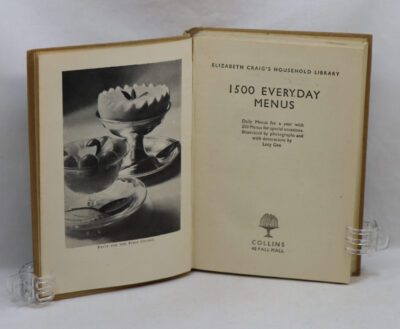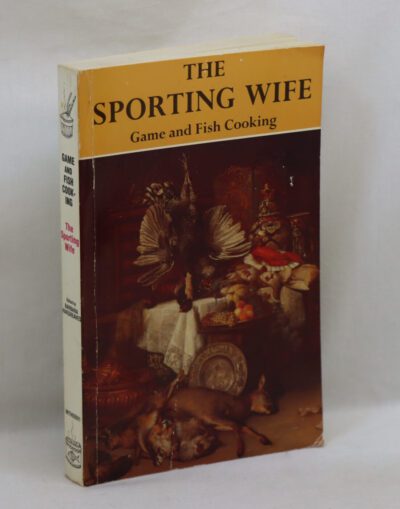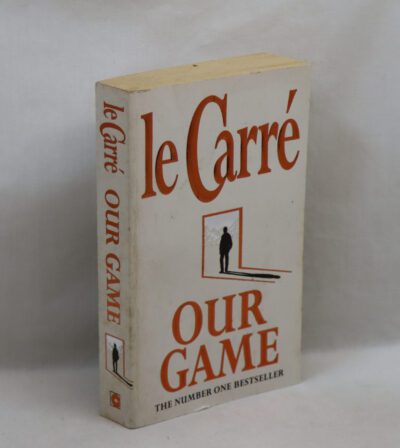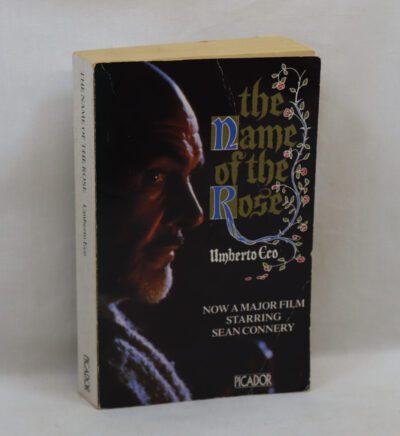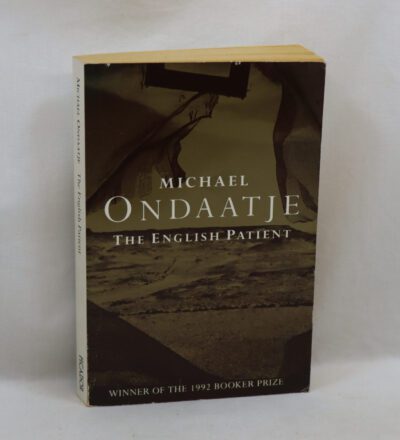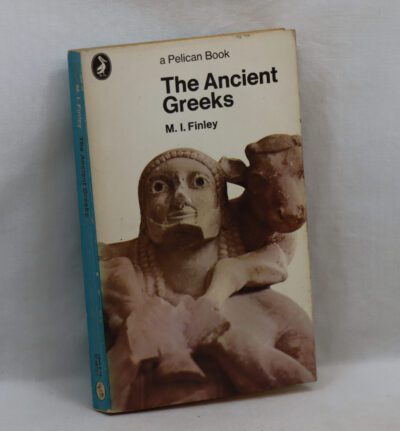Praise of Folly.
By Betty Radice
ISBN: 9780899202433
Printed: 1974
Publisher: Folio Society. London
| Dimensions | 16 × 26 × 2 cm |
|---|---|
| Language |
Language: English
Size (cminches): 16 x 26 x 2
Condition: Fine (See explanation of ratings)
Item information
Description
In a fitted box. Red cloth binding with gilt title on the spine. Large black lettering on the front board.
It is the intent of F.B.A. to provide an in-depth photographic presentation of this book offered so to almost stimulate your feel and touch on the book. If requested, more traditional book descriptions are immediately available.
This book by Erasmus was translated from the Latin for this edition by Betty Radice
In Praise of Folly, also translated as The Praise of Folly (Latin: Stultitiae Lauds or Moriae Encomium), is an essay written in Latin in 1509 by Desiderius Erasmus of Rotterdam and first printed in June 1511. Inspired by previous works of the Italian humanist Faustino Perisauli [it] De Triumpho Stultitiae, it is a satirical attack on superstitions, other traditions of European society and on the Western Church.
Erasmus revised and extended his work, which was originally written in the space of a week while sojourning with Sir Thomas More at More’s house in Bucklersbury in the City of London. The title Moriae Encomium had a punning second meaning as In Praise of More. In Praise of Folly is considered one of the most notable works of the Renaissance and played an important role in the beginnings of the Protestant Reformation.
Desiderius Erasmus Roterodamus English: Erasmus of Rotterdam or Erasmus; 28 October 1466 – 12 July 1536 was a Dutch philosopher and Catholic theologian who is considered one of the greatest scholars of the northern Renaissance. As a Catholic priest, he was an important figure in classical scholarship who wrote in a pure Latin style.
Among humanists he enjoyed the sobriquet “Prince of the Humanists”, and has been called “the crowning glory of the Christian humanists”. Using humanist techniques for working on texts, he prepared important new Latin and Greek editions of the New Testament, which raised questions that would be influential in the Protestant Reformation and Catholic Counter-Reformation. He also wrote On Free Will, In Praise of Folly, Handbook of a Christian Knight, On Civility in Children, Copia: Foundations of the Abundant Style, Julius Exclusus, and many other works.
Erasmus lived against the backdrop of the growing European religious Reformation. He remained a member of the Catholic Church all his life, remaining committed to reforming the Church and its clerics’ abuses from within. He also held to the doctrine of synergism, which some Reformers (Calvinists) rejected in favour of the doctrine of monergism. His middle-road (via media) approach disappointed, and even angered, scholars in both camps.
Erasmus died suddenly in Basel in 1536 while preparing to return to Brabant and was buried in Basel Minster, the former cathedral of the city.
Betty Radice (3 January 1912 – 19 February 1985) was a literary editor and translator. She became joint editor of Penguin Classics, and vice-president of the Classical Association. Her English translations of classical and medieval Latin texts were published in the mid-twentieth century. Born Betty Dawson in Hessle, East Yorkshire on 13 January 1912, she was the daughter of William Dawson, a solicitor who was a scholar and musician and active in public life. William died in the 1918 flu pandemic, leaving her mother, Betty, sister Nancy and a brother in diminished circumstances. Both girls attended Newland School for Girls in Hull. She was granted a scholarship to St Hilda’s College, Oxford, where she read Classics beginning in 1931.
In 1935, she married Italo de Lisle Radice, whom she had met as an undergraduate. Together they relocated to London where Betty tutored in classics, Philosophy and English for Westminster Tutors and de Lisle began a civil service career. The couple had five children, Thomas, Catherine, Teresa, William and John. Teresa died in infancy and Catherine died from lupus erythematosus in 1968. Radice became a teacher of classics from this time.
From 1959 she became an assistant to E.V. Rieu, one of the founders of the series of translations, Penguin Classics, which had begun in 1946 with Rieu’s translation of Homer’s Odyssey. When Rieu retired in 1964, she and Robert Baldick succeeded him as joint editors. When Baldick died in 1972 and his successor C. A. Jones died in 1974, Radice became the sole editor of the series. She spent 21 years as editor of Penguin Classics. She died on 19 February 1985, of a heart attack.
Her son, William Radice, an academic at the School of Oriental and African Studies at the University of London, is a scholar of Bengali language and literature. Her grand-daughter Katharine Radice is a classical scholar.
In her association with Penguin Classics, Betty Radice worked as both an editor and a translator. Her editing was said to be “imaginative and open-minded, forever on the look-out for the new, the fresh, the surprising and the original”. When it came to translating verse, although her mentor E.V. Rieu did not believe that poetry could be reproduced in other languages and so favoured prose translations, Radice herself preferred verse translations and under her editorship this became the norm.
Her son William notes that she found translation challenging, writing in 1974, “…nothing in my experience involves so much drudgery, minute application, exasperation at being tied to another’s thought processes.
Her works include:
- The Letters of the Younger Pliny
- The Letters of Abelard and Heloise
- Rome and Italy: Books VI-X of the History of Rome from Its Foundation by Livy
- The Comedies by Terence
- Who’s Who in the Ancient World
- Phormio & Other Plays by Terence
- Praise of Folly by Erasmus
Want to know more about this item?

Related products
Share this Page with a friend



